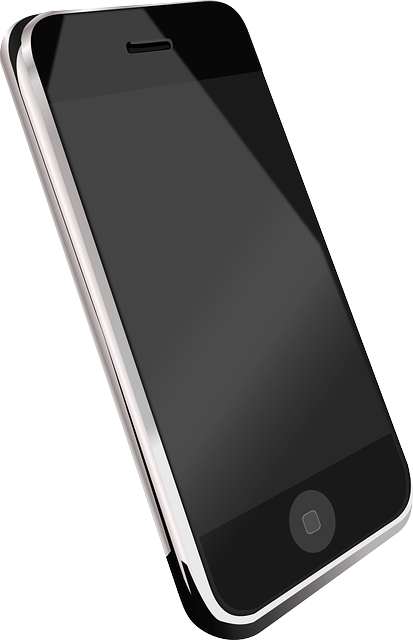In Harrisburg and throughout Pennsylvania, the use of autodialers is tightly controlled by federal (TCPA) and state laws designed to safeguard consumers from unwanted calls. Businesses employing autodialing systems must understand these legal requirements to avoid violations and potential lawsuits. Reputable autodialer lawyers in Pennsylvania offer expert guidance on ethical practices, ensuring compliance with consumer privacy, opt-out rights, transparency, record-keeping, and data security. Engaging such a lawyer is crucial for navigating complex regulations, protecting against legal repercussions, and fostering ethical marketing while respecting consumer rights.
Understanding the Legal Framework for Autodialers in Pennsylvania

In Harrisburg, as in the rest of Pennsylvania, the use of autodialers is governed by a robust legal framework designed to protect consumers from unwanted calls and ensure fair practices. The Telephone Consumer Protection Act (TCPA) is a key federal law that restricts the use of automated dialing systems for telemarketing or marketing purposes without prior express consent. State laws, such as those in Pennsylvania, often mirror the TCPA but may include additional provisions to enhance consumer protections.
Understanding these legal nuances is crucial for businesses and individuals looking to employ autodialers. Seeking advice from an experienced autodialer lawyer in Pennsylvania can provide clarity on compliance requirements, help tailor call practices to meet legal standards, and protect against potential litigation. A reputable autodialer attorney or law firm in Pennsylvania can offer guidance on navigating the legal landscape, ensuring that autodialing activities are conducted ethically and within the prescribed boundaries.
Ethical Considerations When Using Autodialing Technology

When utilizing autodialing technology in Harrisburg or any part of Pennsylvania, ethical considerations must be at the forefront of every decision. Auto dialers have the potential to disrupt and invade personal privacy, making it crucial for lawyers, attorneys, and law firms to adhere to strict guidelines. Respect for consumers’ rights is paramount; calls should only be made with prior consent, and opt-out mechanisms must be readily available.
Autodialer usage should also prioritize transparency. Consumers should be clearly informed that they are receiving an automated call from a lawyer or law firm in Pennsylvania. This includes disclosing the purpose of the call and providing contact information for the firm. Maintaining accurate records of consent, compliance with do-not-call lists, and ensuring data security are essential practices to uphold ethical standards and protect client privacy.
Best Practices for Autodialer Implementation and Compliance

When implementing an autodialer in Harrisburg, adhering to best practices ensures ethical and compliant operations. Begin by obtaining explicit consent from recipients, respecting opt-out requests, and maintaining accurate records of all calls made. Employ clear and concise messaging, avoiding deceptive or aggressive tactics that could violate consumer protection laws. Regularly review and update your autodialer scripts to reflect changes in regulations, ensuring ongoing compliance with Pennsylvania’s telephone consumer protection act (TCPA).
Consider engaging the services of a qualified autodialer lawyer or attorney in Pennsylvania to guide your implementation process. Legal counsel specializing in this area can help tailor your practices to local laws, mitigate risks, and protect your business from potential lawsuits. Choosing the right law firm with expertise in autodialer technology ensures you stay ahead of the curve, fostering a robust and ethical marketing strategy for your business while respecting consumer rights.






